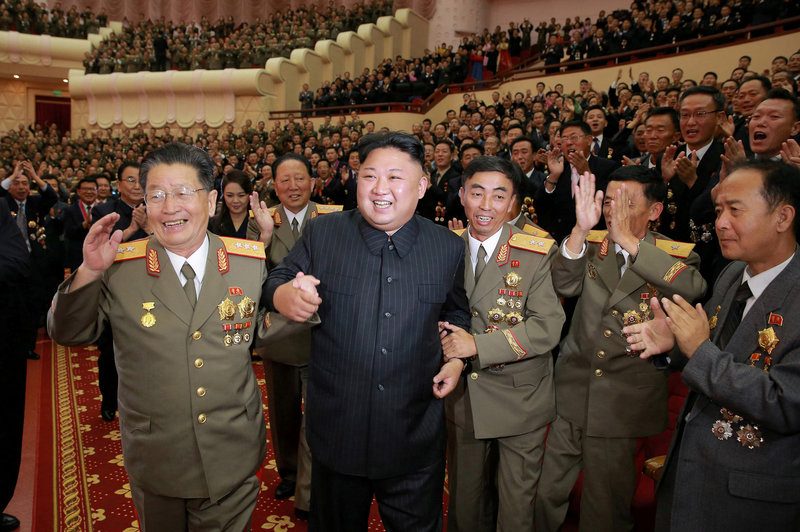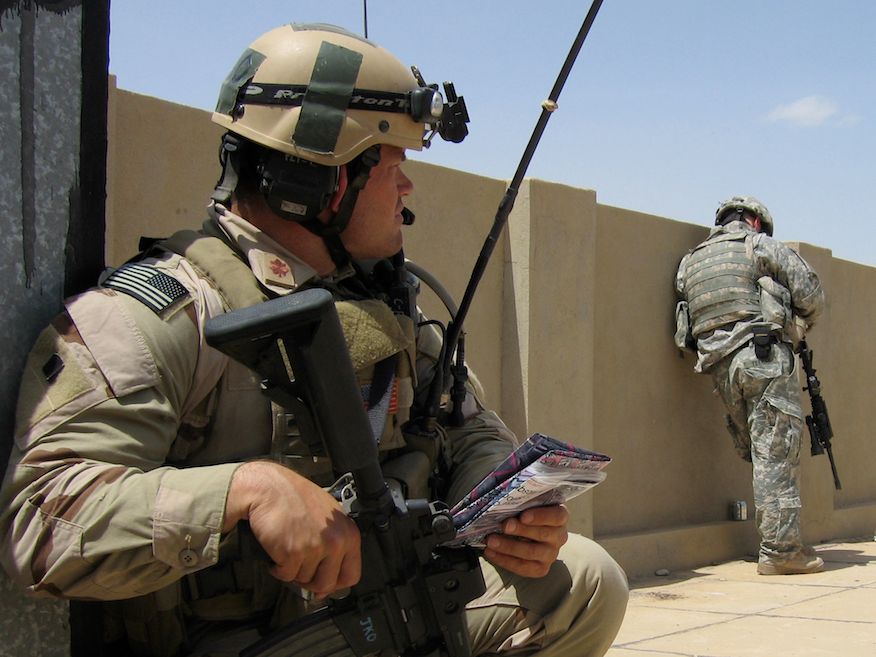When Jocko Willink, a former US Navy SEAL who is now an author and occasional Business Insider contributor, was asked on Twitter how he would handle the North Korean crisis, he gave an unexpected answer that one expert said just might work.
Willink’s proposal didn’t involve any covert special operation strikes or military moves of any kind. Instead of bombs, Willink suggested the US drop iPhones.
“Drop 25 million iPhones on them and put satellites over them with free wifi,” Willink tweeted last week.
While the proposal itself is fantastical and far-fetched, Yun Sun, an expert on North Korea at the Stimson Center, says the core concept could work.
"Kim Jong Un understands that as soon as society is open and North Korean people realize what they're missing, Kim's regime is unsustainable, and it's going to be overthrown," Sun told Business Insider.
For this reason, North Korea's government would strongly oppose any measures that mirror Willink's suggestion.
Sun pointed out that when South Korea had previously flown balloons that dropped pamphlets and DVDs over North Korea, the Kim regime had responded militarily, sensing the frailty of its government relative to those of prosperous liberal democracies.
For this reason, North Korea would turn down even free iPhones for its entire population, thought to be about 25.2 million.
Such a measure, Sun said, would also open the West to criticism "for rewarding a illegitimately nuclear dictatorship" that "we know has committed massive human rights against its people."

And as North Korea puts the Kim regime above all else, any investment or aid would "be exploited first and foremost by the government," Sun said, adding: "We will have to swallow the consequence that of $100 investment, maybe $10 would reach the people."
North Korea harshly punishes ordinary citizens who are found to enjoy South Korean media, so there's good reason to think providing internet access or devices to North Koreans could get people killed.
But in a purely practical sense, the US has few options. War with North Korea could start a nuclear conflict or otherwise introduce a more long-term proliferation risk.
"They're not going to denuclearize until their regime changes and society changes," Sun said. "This approach may be the longer route, but it has the hope of succeeding."

